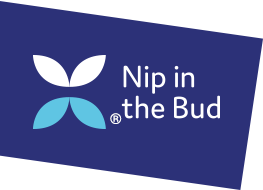Watch our Films
My Voice Matters
A short film highlighting the many voices of children and young people we feature in our films and why it’s important to support their voices to be heard.
Rachel – Life as a SENCO
Watch the more detailed interview with Rachel. In her role as a SENCO, she comes across many situations which entail noticing signs of physical or language issues, being empathetic when dealing with family problems such as a medical diagnosis or a grieving process. Her relationship with parents is based on open dialogue, honesty about processes and being available to discuss issues.
Early Intervention 1: Does my child Need help?
Teachers spend many hours with the children in their care and are well placed to notice if a child is struggling. To support a child, it’s advisable for the teacher to liaise with parents to share observations and to understand the situation at home. Clinical psychologist Dr Bettina Hohnen explains how best to encourage the child to share their worries.
Early Intervention 2: How can the school help?
In this film, Rachel Adams-Constantine explains her role of SENCO (Special Educational Needs Co-ordinator) in the school. Although the parent is the key to Early Intervention, it’s important for Parents and Teaching staff to forge a good relationship. Teachers can help by keeping an eye on the child during lessons or during play time with peers and can share and compare observations with the parent.
Early Intervention 3 : How can the GP help?
It’s important for parents to involve the GP. Teaching staff at school can be very helpful in providing a professional report which parents can share with the GP. This might be written by a SENDCO, educational psychologist or a social worker.
Early Intervention 4: How to apply for an Education Health and Care Plan (EHCP)
Teachers have an important role in helping parents whose child has additional needs. Schools can help organise an assessment and prepare a report to help parents apply for an Education Health and Care Plan (EHCP). This can be a lengthy process, during which time the school, health professionals and parents need to keep in touch and work together to achieve the best outcome for the child.

